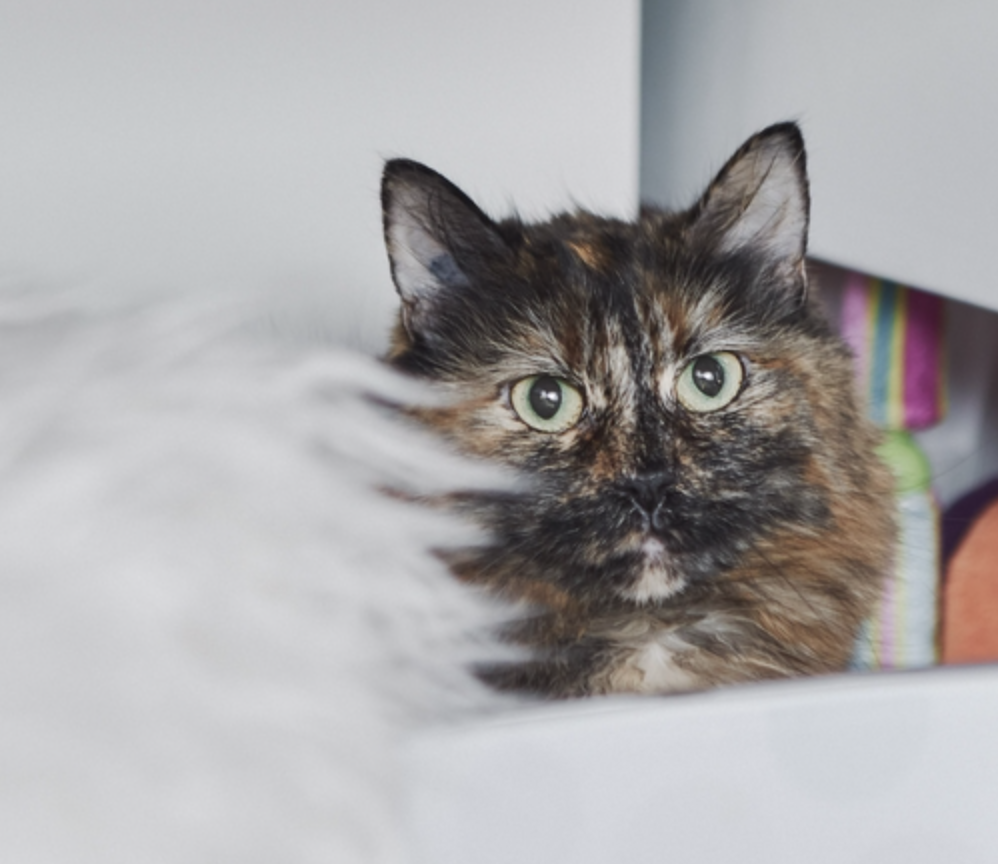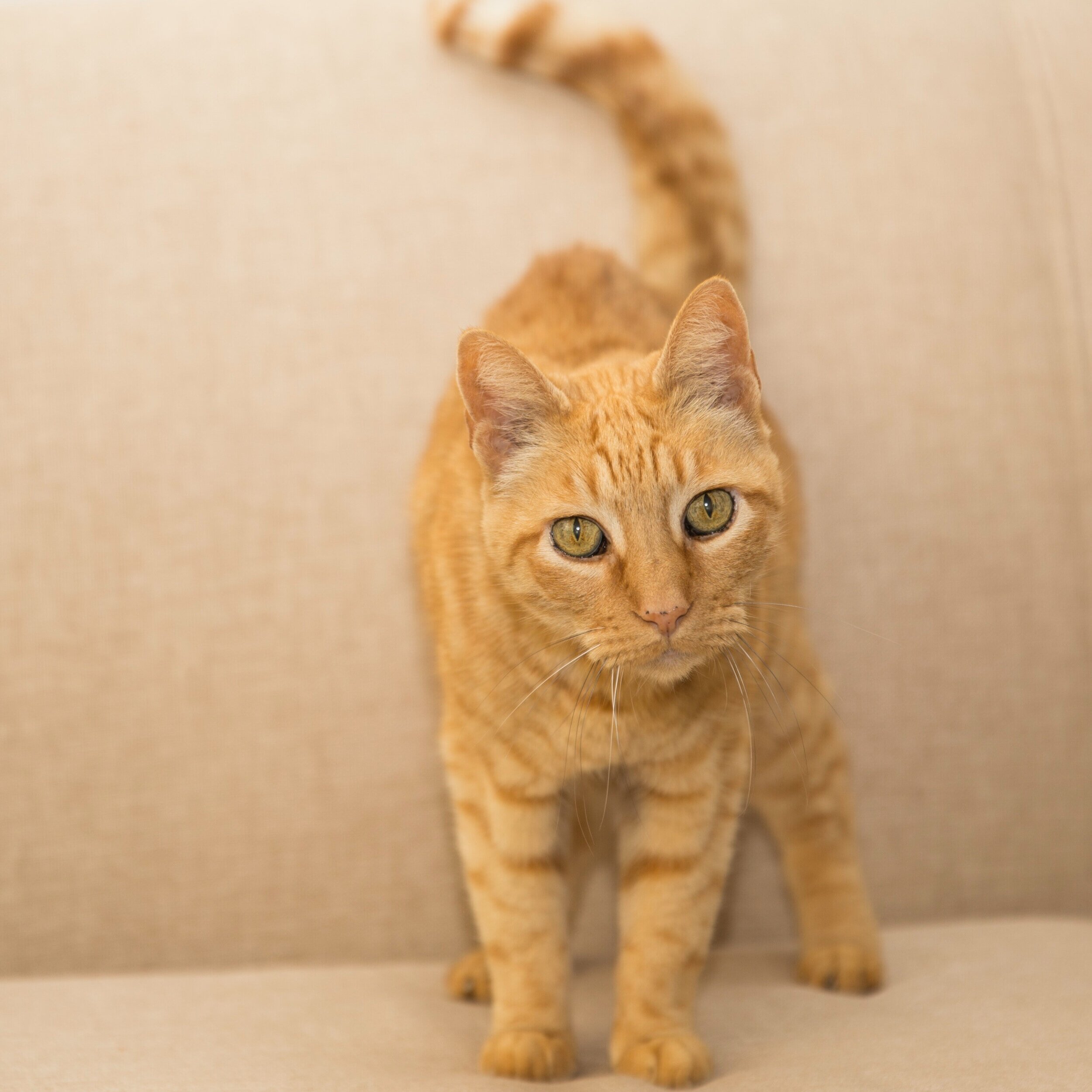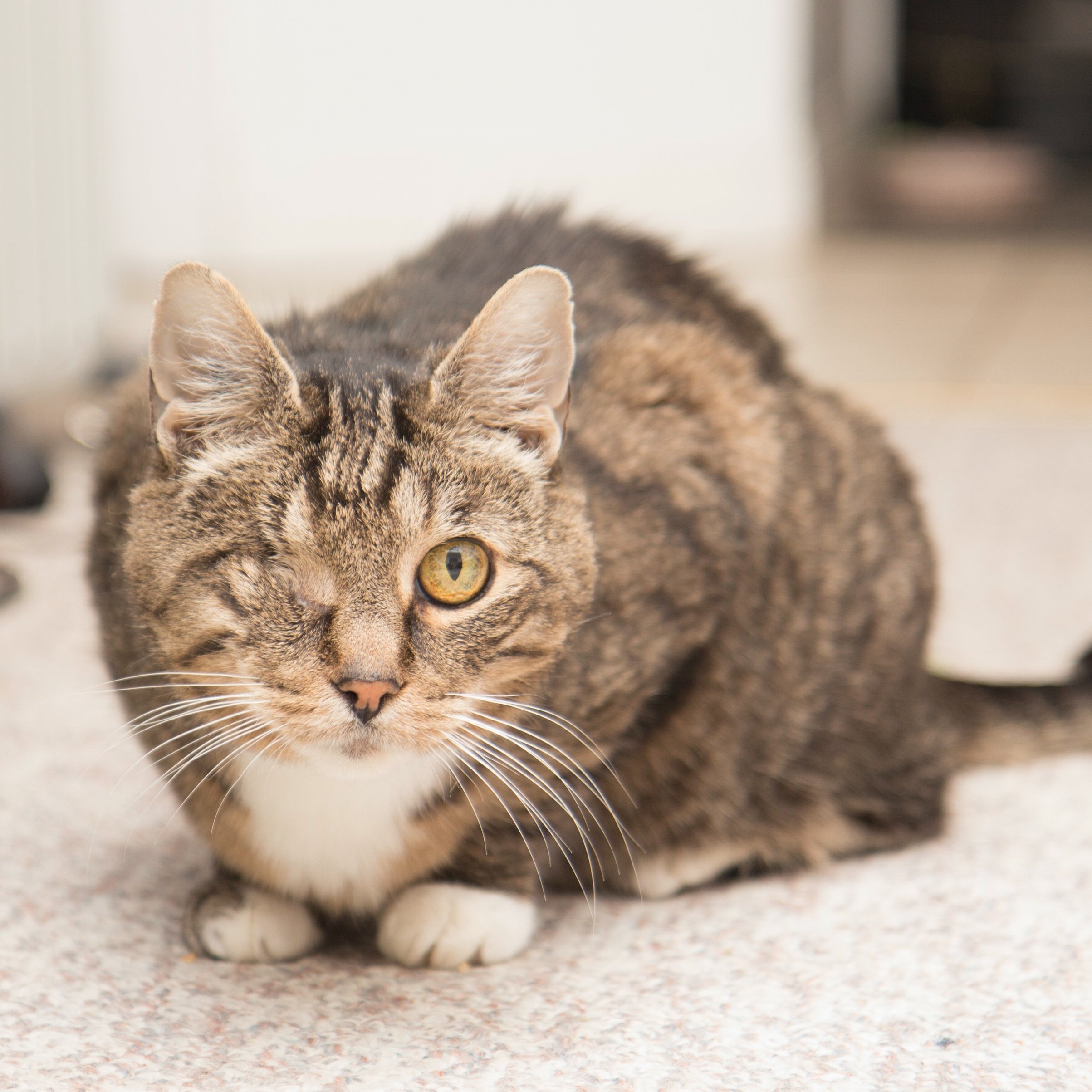Behaviour & Socialization
shy cats
Trust comes with practice and this is where patience comes in. Helping a shy kitty to become confident and social is a very rewarding experience.
male cats & spraying
Unfortunately, male cats often get passed over because of concerns about spraying. However, spraying is more myth than fact. More likely than not, your male cat will not spray at all.
The single most effective method of preventing spraying is to have your cat neutered.
Spraying, not to be confused with inappropriate urination, is when a cat sprays a small amount of urine on a vertical surface, such as furniture, windows, and walls. While most often attributed to male cats, female cats may also spray; however, most cats will not spray at all. In fact, spraying is not common in one or two cat households and is more likely to occur because of overcrowding in situations where there are a greater number of cats. The small amount of cats that do spray usually do so outdoors.
Why do they do it?
Spraying is a form of non-verbal communication most often used to mark territory, send messages regarding mating to other cats and to express stress or anxiety.
While spraying has long been regarded as an annoying habit cats exhibit on purpose to merely define their boundaries or mate with others, it’s very important to recognize this behavior may actually be triggered by stress, unhappiness or even health problems, such as urinary tract disease.
Changes in environment that seem small to us may cause great duress to a cat, resulting in territorial anxiety. Feeling stressed or threatened may lead to spraying and, even seemingly small things, like a litter box the cat deems unacceptable, may cause them to communicate their unease through spraying.
What can stop it?
In male cats, even older ones, studies have shown that 90% of cats have stopped spraying once neutered and most do so right away.
Other things you can do to prevent spraying include keeping your cat’s litter box clean, paying attention to and playing with him, developing a routine to ease your cat’s anxiety and cleaning any soiled areas thoroughly in order to discourage spraying in the same spot repeatedly. There are also pheromone products available that aim to eliminate unwanted, stress-related behavior in cats.
If your cat’s behaviour does not change, a visit to the vet is important in order to rule out any illnesses and/or to discuss behaviour modification.
turn an outdoor cat into an indoor cat
At VOKRA we firmly believe keeping your cats strictly indoors will lead to a long, healthy life for your beloved pet and fewer worrisome nights and vet bills after a cat goes missing, is injured, or even worse.



